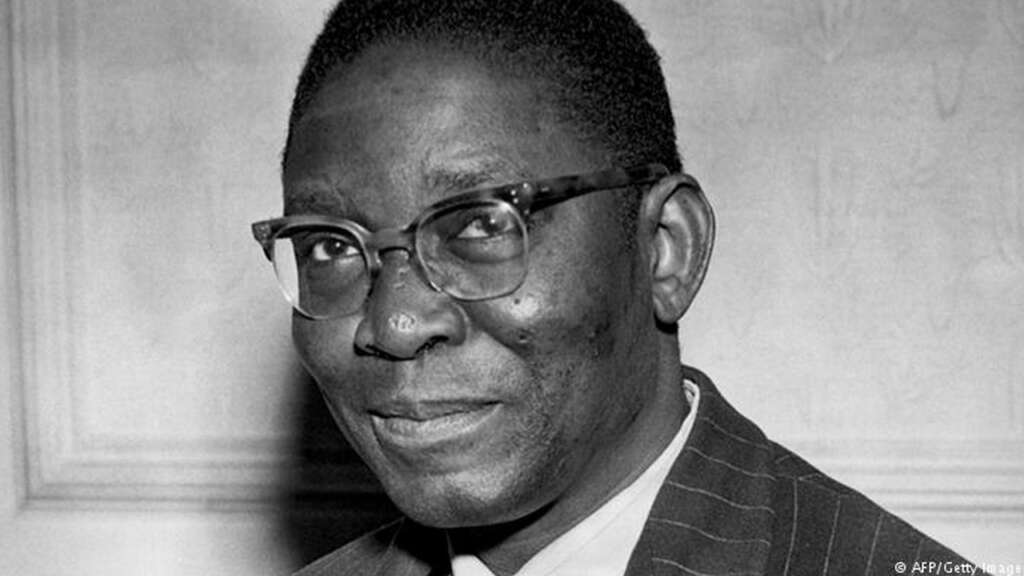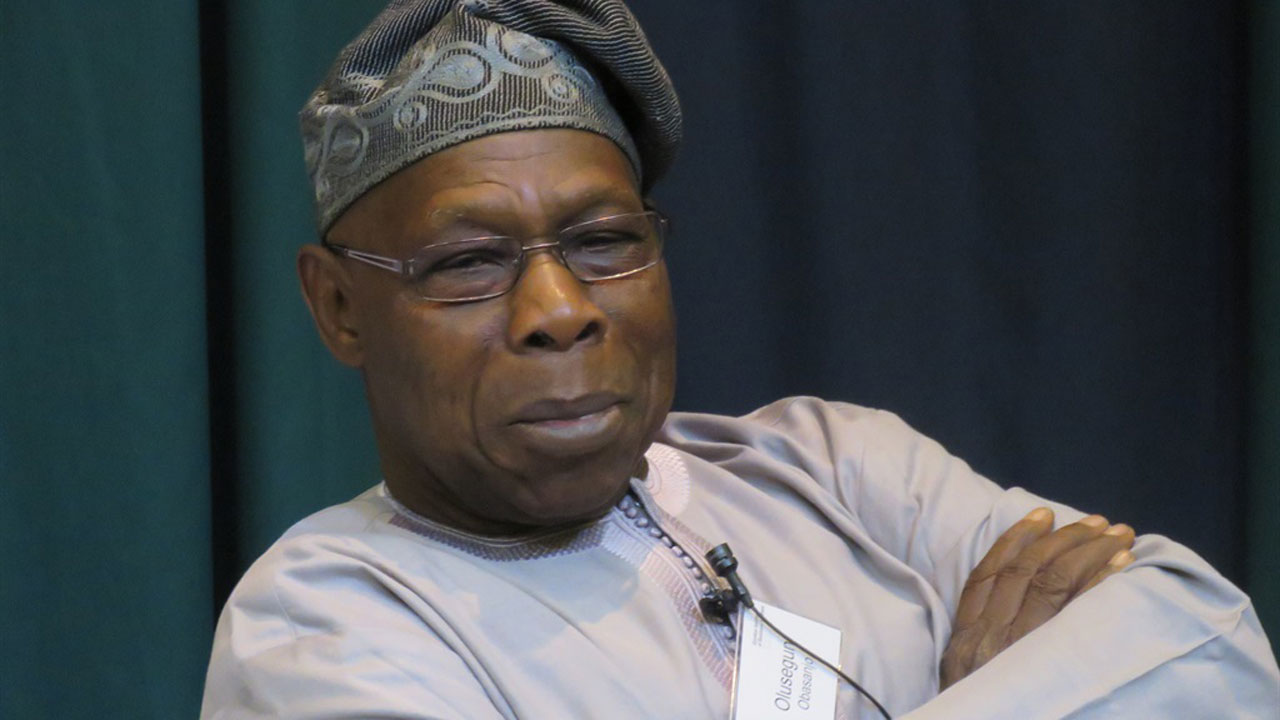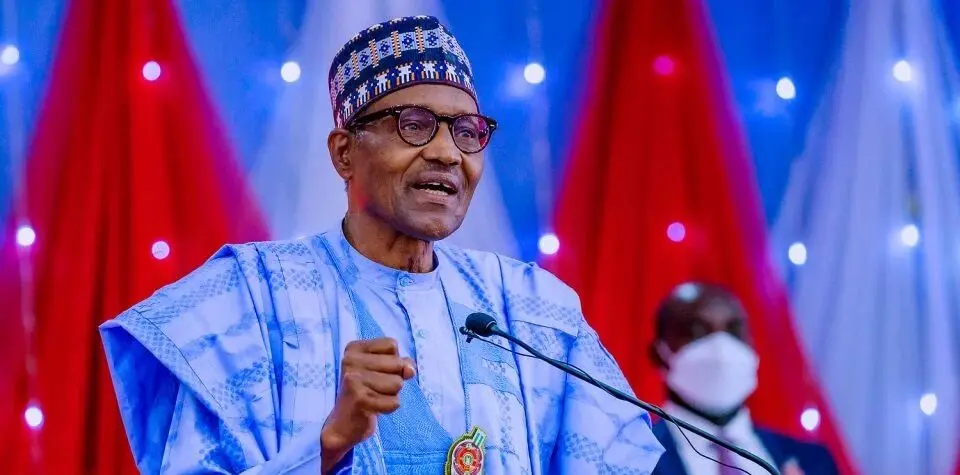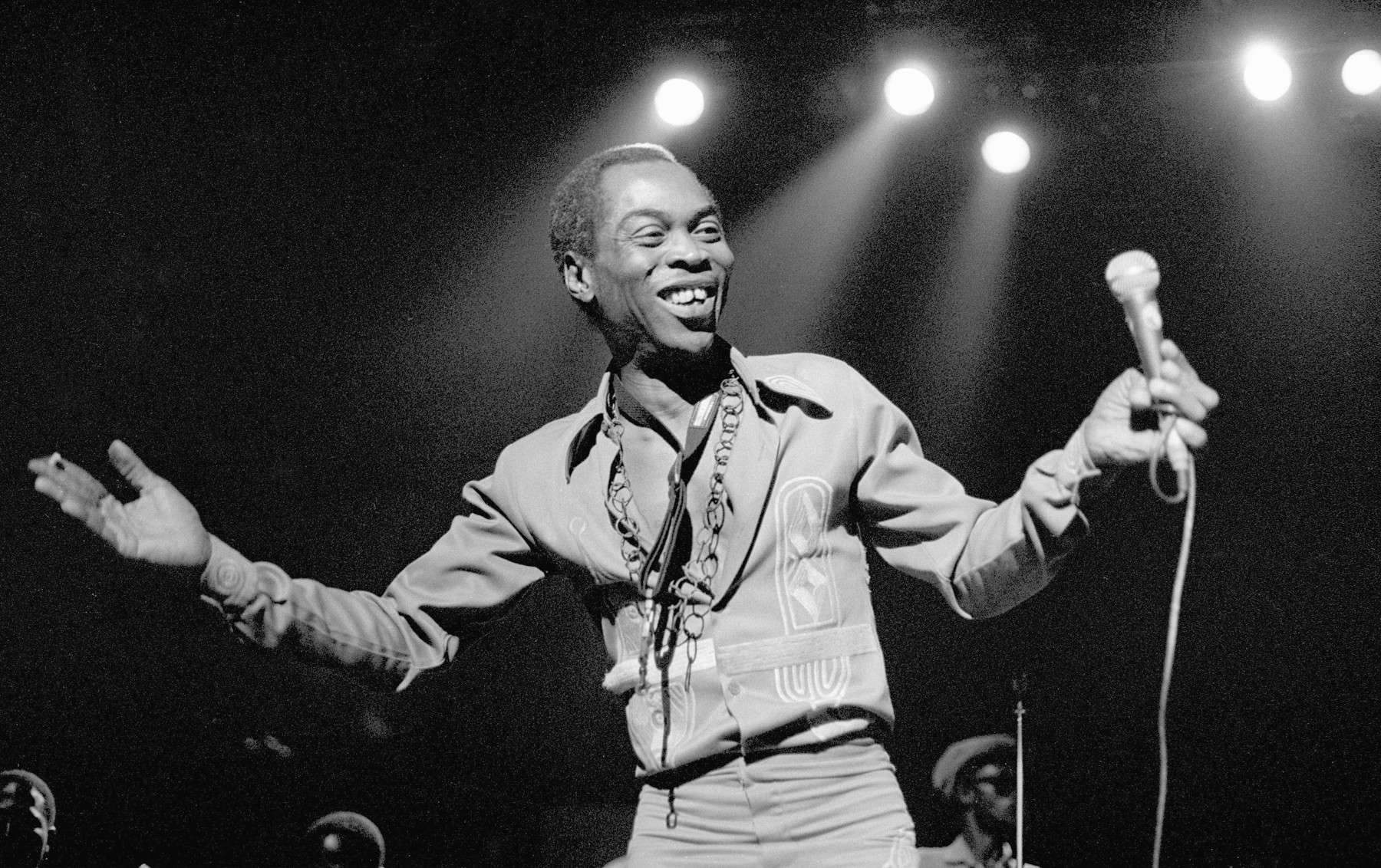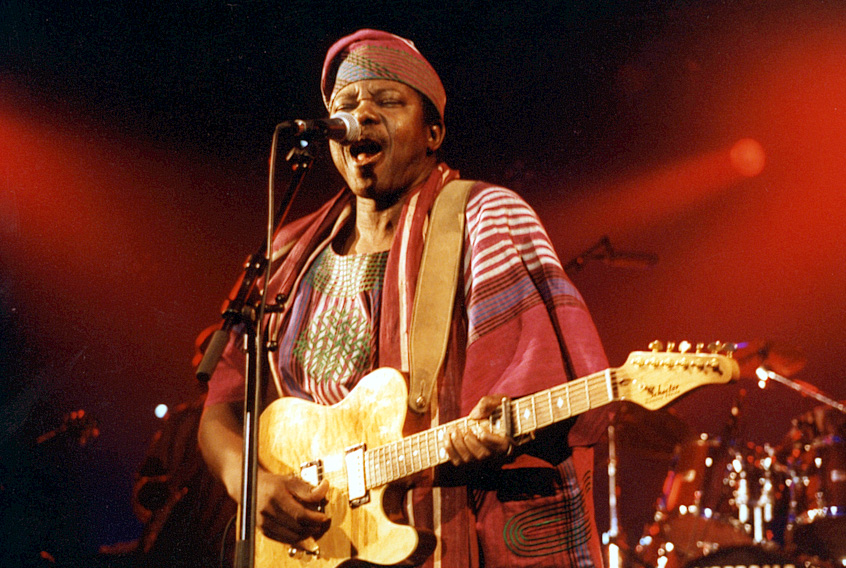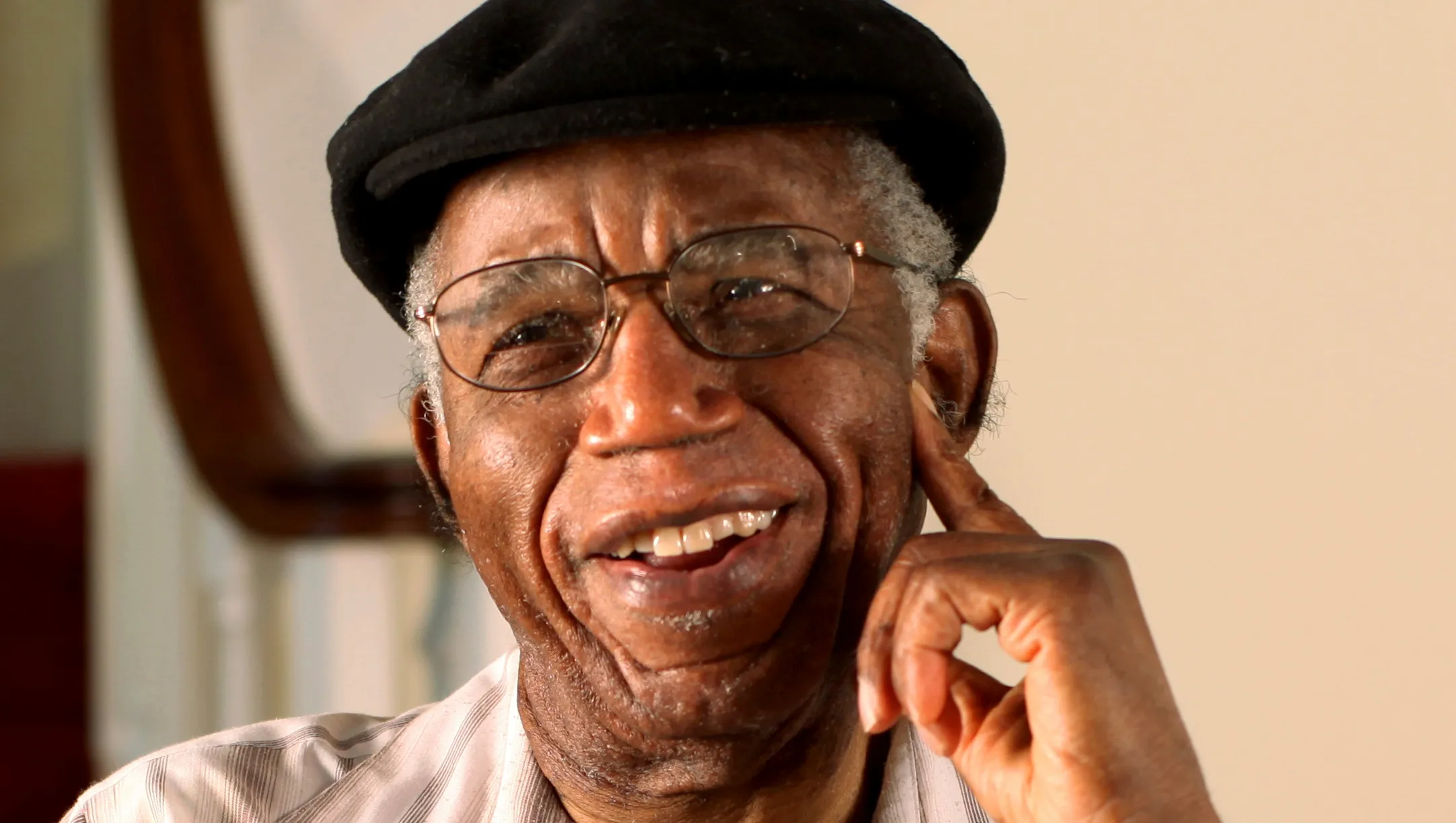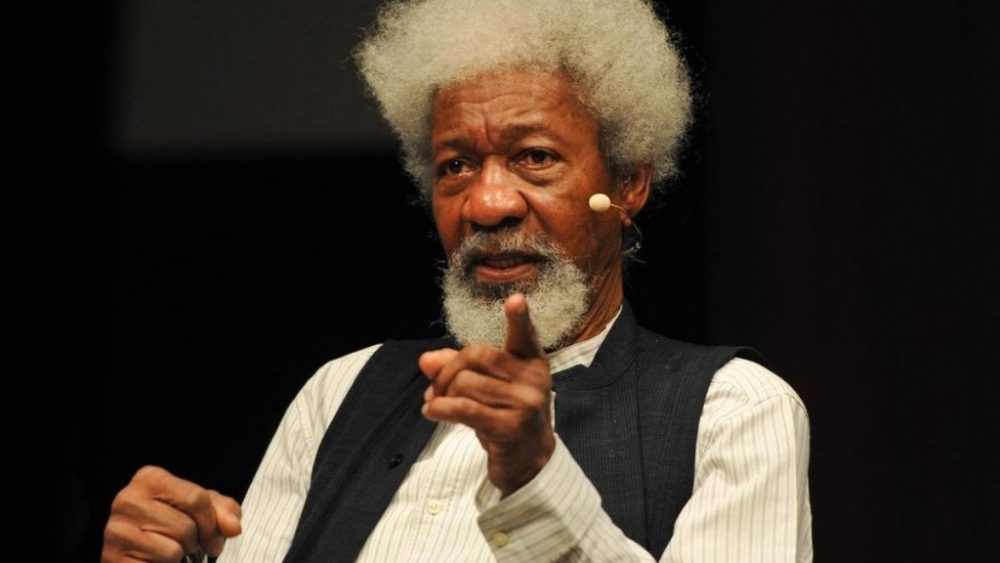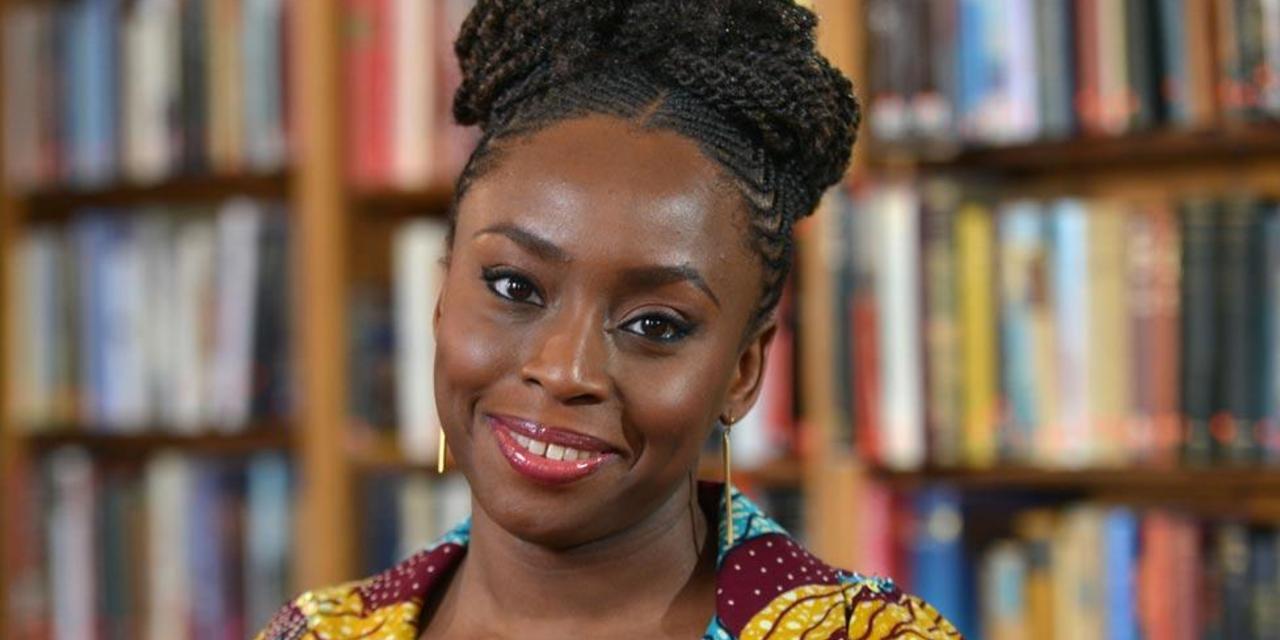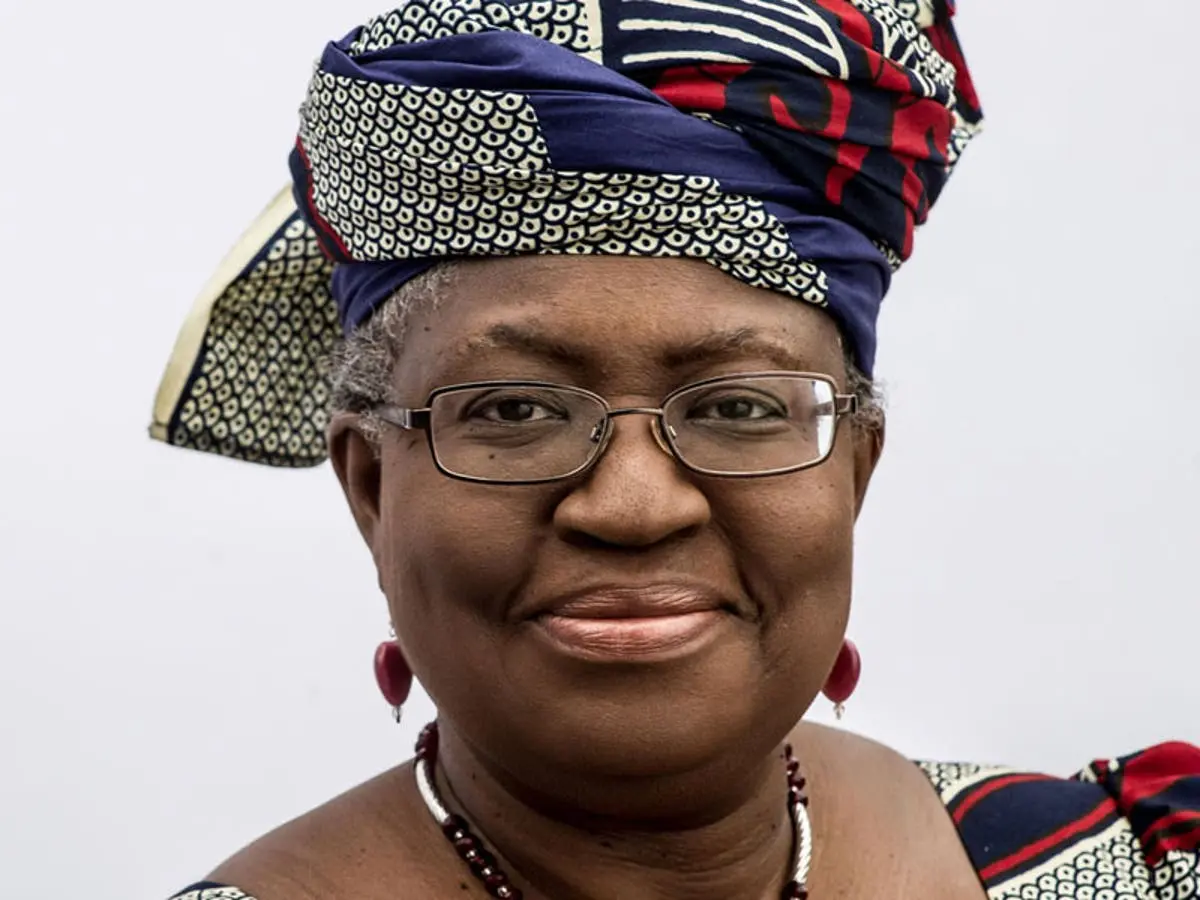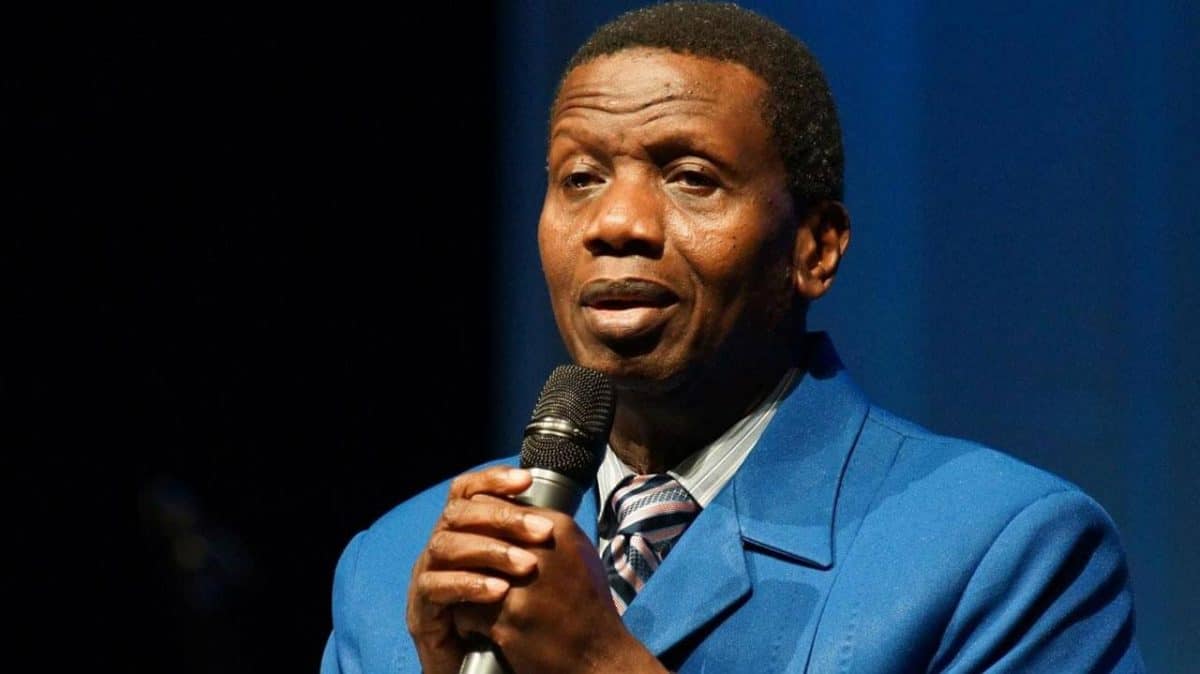Top Lists
10 Most Famous Nigerians In History
Diving back into the archives, we have compiled a list of the top 10 most famous Nigerians in history.
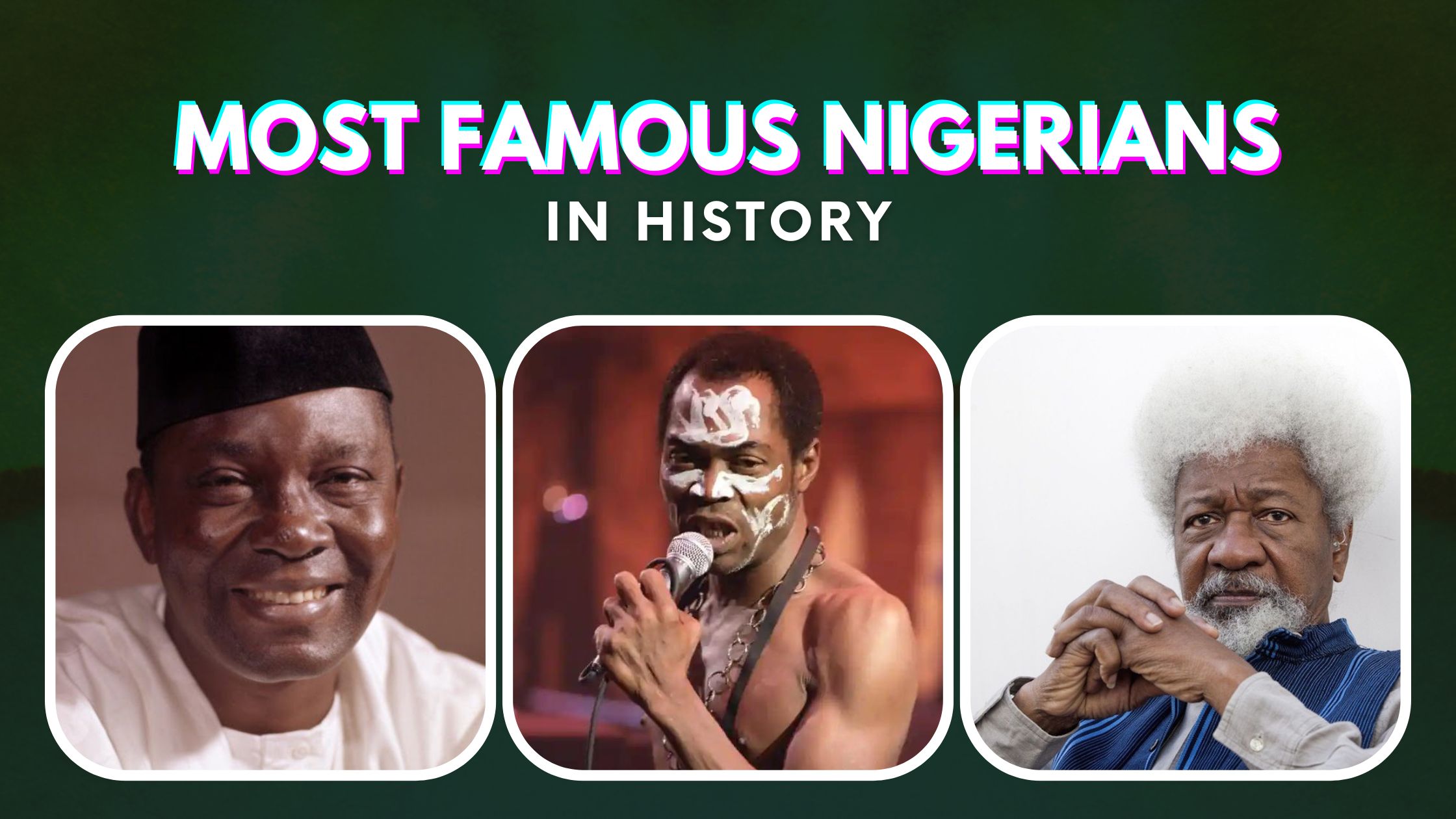
Nigeria is no doubt one of the biggest countries on the African continent. It is a country that is filled with a plethora of natural and human resources. The country in its 109 years of existence (from 1914 amalgamation), has produced notable individuals who with their god-given talent and abilities have been able to make their name known across the globe. Diving back into the archives we have compiled a list of the top 10 most famous Nigerians in history.
1. Nnamdi Azikiwe
Nnamdi Azikiwe, popularly referred to as “Zik “, was a Nigerian statesman and political leader who served as the first indigenous president of Nigeria from 1960 to 1966. Zik is considered a driving force behind the nation’s independence, earning the title “father of Nigerian nationalism”
As a youth Azikiwe attended Storer College, Columbia University, the University of Pennsylvania, and Howard University in the United States. He returned to Africa in 1934, where he began work as a journalist, advocating Nigerian and African nationalism before eventually becoming a political leader.
Azikiwe is the only president in the history of Nigeria, who is able to speak the indigenous languages of the three major tribes in the country: Igbo, Yoruba, and Hausa. In 1960, he became the first Nigerian to be appointed by Queen Elizabeth II to the Privy Council of the United Kingdom. He was made Grand Commander of the Federal Republic (GCFR), Nigeria’s highest national honor, in 1980.
2. Olusegun Obasanjo
Olusegun Obasanjo is a Nigerian retired military officer and statesman who served as Nigeria’s head of state from 1976 to 1979 and later as its president from 1999 to 2007. He has been described as one of the great figures of the second generation of post-colonial African leaders.
Obasanjo was largely educated largely in Abeokuta, Ogun State before joining the Nigerian Army, where he rose to the rank of major. In 1975, a military coup established a junta with Obasanjo as part of its ruling triumvirate. After the triumvirate’s leader, Murtala Muhammed was assassinated the following year, the Supreme Military Council appointed Obasanjo as head of state.
As the head of state, he continued Murtala’s policies, with brought him the legitimacy of the people. Most notably he restored democracy in Nigeria by overseeing the 1979 election and handing over control of Nigeria to the newly elected civilian president, Shehu Shagari.
Entering electoral politics, Obasanjo became the PDP candidate for the 1999 presidential election, which he won comfortably. He was also re-elected in the 2003 election, thanks to his people-centered policies. Obasanjo receives praise both for overseeing Nigeria’s transition to representative democracy in the 1970s and for his Pan-African efforts to encourage cooperation across the continent.
3. Muhammadu Buhari
Muhammadu Buhari is a Nigerian politician and retired army major general who has served as president of Nigeria since 2015. He also served as the country’s military head of state from 31 December 1983 to 27 August 1985, after taking power in a military coup d’état.
Buhari had most of his education in Kastina State before enrolling in the Nigerian Military Training College at the age of 19. He also underwent officer cadet training at Mons Officer Cadet School in Aldershot England, From 1962 to 1963. He fully joined the Nigerian Military in January 1963, where he rose to the rank of Major General and participated in numerous events such as the 1966 July counter-coup, and the Nigerian Civil War, among others.
In 1983, then Major-General Buhari led a military coup that overthrew the Second Nigerian Republic. Buhari’s administration as the head of State was characterized by large economic hardship, abuse of power, and human rights. The term Buharism is ascribed to the authoritarian policies of his military regime.
After unsuccessfully contesting in three previous attempts, he emerged as the presidential candidate of the All Progressives Congress party for the 2015 general election. Buhari won the election, defeating incumbent President Goodluck Ebele Jonathan. This was the first time in the history of Nigeria that an incumbent president lost a general election. He was re-elected again in 2019, defeating his closest rival, Atiku Abubakar.
4. Fela Kuti
Fela Anikulapo-Kuti is Nigeria’s most famous musician and the pioneer of Afrobeat. He was a blunt supporter of human rights, as many of his songs are direct attacks against dictatorships, specifically the military governments of Nigeria in the 1970s and 1980s. He is considered by many one of Africa’s most challenging and charismatic music performers.
Fela was highly engaged in political activism in Africa from the 1970s until his death. He criticized the corruption of Nigerian government officials and the mistreatment of Nigerian citizens. He spoke of colonialism as the root of the socio-economic and political problems that plagued the African people. His protest songs covered themes inspired by the realities of corruption and socio-economic inequality in Africa.
Fela was arrested on over 200 different occasions and spent time in jail, including his longest stint of 20 months after his arrest in 1984. On top of jail time, the corrupt government sent soldiers to beat Kuti, his family, and friends, and destroy wherever he lived and whatever he had. He died from complications related to AIDS On the 3rd of August 1997.
5. King Sunny Ade
King Sunday Ade is a Nigerian Juju Singer, songwriter, multi-instrumentalist, and no doubt one of the most famous Nigerians in history. He is regarded as one of the first African pop musicians to gain international success and has been called one of the most influential musicians of all time.
Sunny Adé formed his own backing band in 1967, eventually known as his African Beats. After achieving national success in Nigeria during the 1970s and founding his own independent label, Sunny Adé signed to Island Records in 1982 and achieved international success with the albums Juju Music (1982) and Synchro System (1983).
In 1984 his Sychor System album garnered him a Grammy nomination, becoming the first Nigerian to earn the prestigious award nomination. His 1998 album Odu also garnered a Grammy nomination in the World Best Music Album Category. Sunny Adé currently serves as chairperson of the Musical Copyright Society of Nigeria.
6. Chinua Achebe
Chinua Achebe was a Nigerian novelist, poet, and critic who is regarded as a central figure of modern African literature. His first novel and magnum opus, Things Fall Apart (1958), occupies a pivotal place in African literature and remains the most widely studied, translated, and read African novel.
Achebe attended what is now the University of Ibadan, where he became fiercely critical of how Western literature depicted Africa. Moving to Lagos after graduation, he worked for the Nigerian Broadcasting Service (NBS) and garnered international attention for his 1958 novel Things Fall Apart.
He constantly advocated for fairness and equality in Nigerian society through literature. During the Nigeria civil war, he openly supported the secessionist Biafra movement and even took a position as head of the Biafra Broadcasting Service at great risk to his life and career. After the civil war, he continued to pull discourse toward Nigeria’s corrupt polity, notably in his book The Trouble with Nigeria.
Achebe taught in the United States for a nineteen-year tenure at Bard College as a professor of languages and literature. He also won the 2007 Man Booker International Prize, and from 2009 until his death he was Professor of African Studies at Brown University. Achebe’s work has been extensively analyzed and a vast body of scholarly work discussing it has arisen.
7. Wole Soyinka
Wole Soyinka is a Nigerian playwright, novelist, poet, and essayist in the English language. He was awarded the 1986 Nobel Prize in Literature, for “in a wide cultural perspective and with poetic overtones fashioning the drama of existence”, the first sub-Saharan African to be honored in that category.
Soyinka was born in Abeokuta, he attended Government College in Ibadan, and subsequently University College Ibadan and the University of Leeds in England. After studying in Nigeria and the UK, he worked with the Royal Court Theatre in London. He went on to write plays that were produced in both countries, in theatres, and on radio.
He also took an active role in Nigeria’s political history and its campaign for independence from British colonial rule. In 1965, he seized the Western Nigeria Broadcasting Service studio and broadcast a demand for the cancellation of the Western Nigeria Regional Elections. In 1967, during the Nigerian Civil War, he was arrested by the federal government of General Yakubu Gowon and put in solitary confinement for two years
He served as a professor in numerous Universities across the globe, most notably Obafemi Awolowo University, University of Nevada, Las Vegas, and NYU’s Institute of African American Affairs. He also taught at the universities of Cambridge, Oxford, Harvard, and Yale.
8. Chimmanda Ngozi Adichie
Chimamanda Ngozi Adichie is a Nigerian writer and Feminist who is one of the most prominent African authors in recent times. Her first novel, Purple Hibiscus (2003), received widespread critical acclaim and was awarded the Commonwealth Writers’ Prize for Best First Book in 2005.
Other books in her Bibliography include Half of a Yellow Sun (2006), and Americanah (2013), the short story collection The Thing Around Your Neck (2009), and the book-length essay We Should All Be Feminists (2014), Dear Ijeawele, or A Feminist Manifesto in Fifteen Suggestions (2017), Zikora (2020) and Notes on Grief (2021).
Adichie has also been able to bring global attention to the inequalities women face in Nigerian and global society through her literary work such as Dear Ijeawele, or A Feminist Manifesto in Fifteen Suggestions. In 2008, she was awarded a MacArthur Genius Grant. She was the recipient of the PEN Pinter Prize in 2018 and was recognized as one of the BBC’s 100 Women of 2021.
9. Ngozi Okonjo Iweala
Ngozi Okonjo-Iweala is a Nigerian economist, who has been serving as the Director-General of the World Trade Organization since March 2021. She is the first woman, first Nigerian, and first African to head the international organization, making her appointment a historic one.
Prior to her appointment as the Director-General, Okonjo-Iweala was the first Nigerian woman to serve two terms as Finance Minister of Nigeria; initially, under President Olusegun Obasanjo from 2003 to 2006; and secondly, under President Goodluck Jonathan from 2011 to 2015. Subsequently, from June to August 2006, she served as Minister for Foreign Affairs of Nigeria.
Okonjo-Iweala also played numerous roles at the World Bank, where she worked her way up to be the managing director. She also served in various capacities at the African Development Bank (AfDB), International Monetary Fund (IMF), and the Asian Infrastructure Investment Bank (AIIB).
10. Pastor E.A Adeboye
Pastor Enoch Adejare Adeboye is a Nigerian pastor and General Overseer of the Redeemed Christian Church of God and no doubt one of the most famous Nigerians in history. He began his education at Ilesha Grammar School Ilesha Osun State in 1956 and proceeded to the University of Nigeria Nsukka (UNN) in Nsukka. He however completed his first degree at the University of Ife, graduating with a Bachelor’s degree in Mathematics in 1967.
Adeboye began to join the Redeemed Christian Church of God in 1973 and served as an interpreter before he was ordained a pastor in the church by Pa. Josiah Akindayomi in 1975. He became General Overseer of the church in 1981. For three years, he filled the role part-time at Unilorin before giving up his university position to preach full-time. Following new legislation that placed limits on non-profit leadership to 20 years of service and less than 70 years of age, Pastor Adeboye resigned as General Overseer in 2017.
He was considered one of the 50 most powerful people in the world by Newsweek in 2008 and was cited as one of the Top 100 most influential Africans by New African magazine in 2019.

